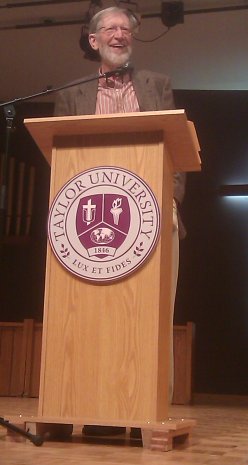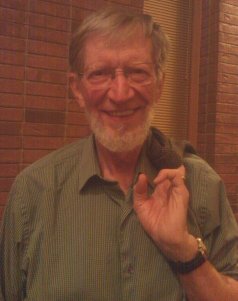I have added a new category to this blog: Notes From The Road. Since I do a lot of traveling (both for work and for fun), I thought it might be interesting to share some of my thoughts and experiences regarding my travels. I want to open up this new category with my recent trip to Memphis, Tennessee, where I spoke at the Midsouth Homeschool Convention.
I spoke a total of six times at the convention, but only one talk was focused on home education itself. That talk, entitled “How to ‘Teach’ High School at Home,” dealt with the nuts and bolts of providing your home-educated child with a solid, college-preparatory high school experience. Now when I talk about a “college-preparatory high school experience,” I always hasten to add that I am not saying a child should necessarily go to college. Personally, I think that there are too many students in college right now, and as a result, colleges are dumbing-down their courses. I talk about a “college-preparatory high school experience” because that’s the most academically rigorous path you can follow, and whether or not your student attends college, you should always set the bar high. You can adjust the height of the bar later, depending on how your student actually deals with what you are covering in high school.
So how do you know whether or not your child should go to college? In my view, there are two reasons to go to college:
1. If you love to learn, you will love a serious, academically-rigorous college.
2. If you have a career in mind that requires a college degree, you should definitely go to college to get that degree.
In my opinion, if you do not meet one of those two criteria, you are wasting your time and your parents’ money by going to college.


